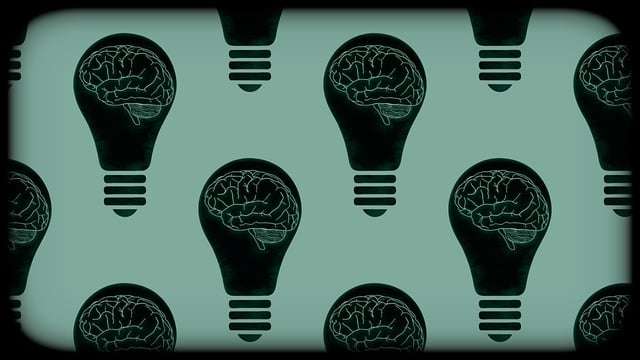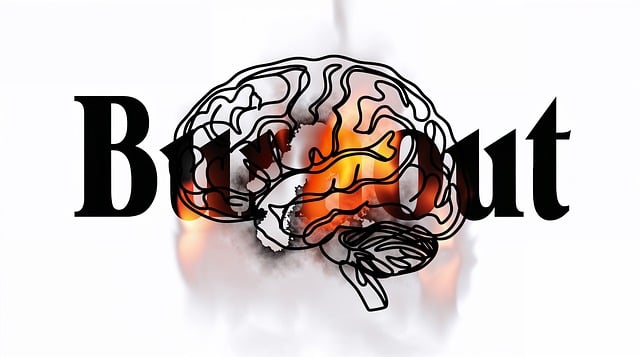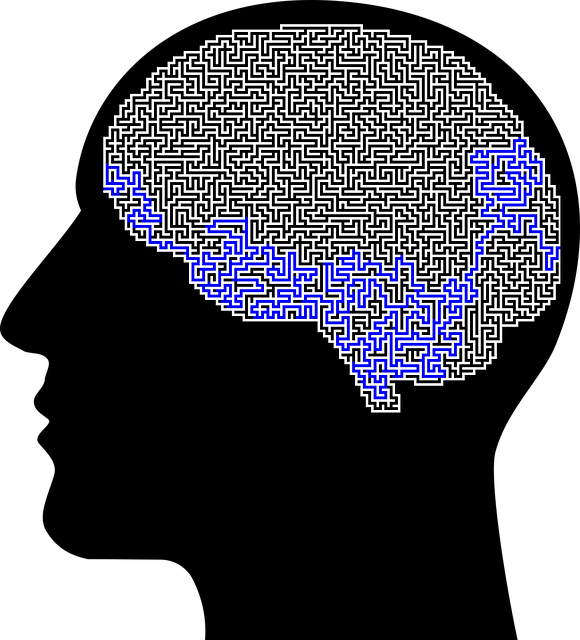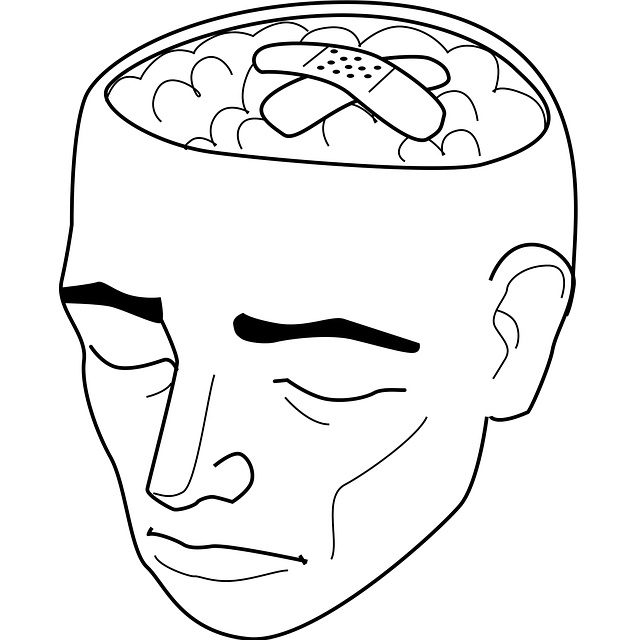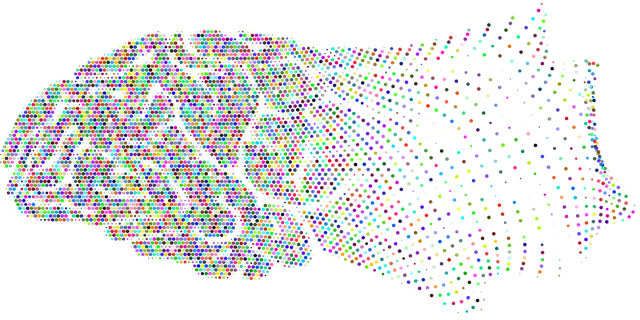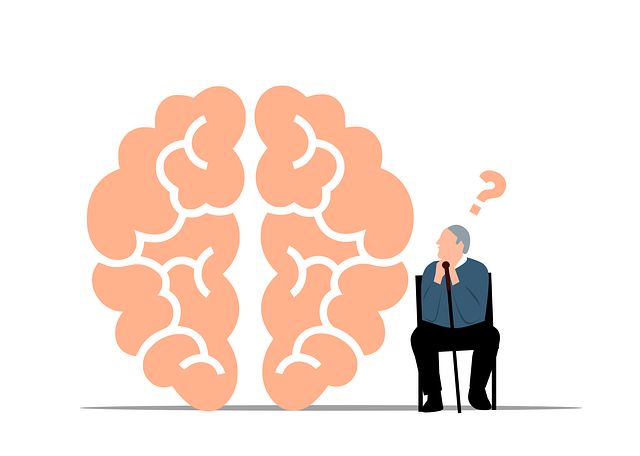Aurora Functional Neurological Disorder (AFND) Therapy recognizes that trauma affects both psychology and brain structure, leading to diverse symptoms like mood disorders and anxiety. This specialized approach integrates various tailored services, including therapy, mental wellness journaling exercises, policy advocacy, social skills training, and burnout prevention for healthcare providers. By focusing on neural pathway disruptions, evidence-based techniques, and comprehensive support systems, AFNT aims to restore emotional well-being, enhance mental health awareness, and empower individuals to reclaim control over their lives through holistic healing.
“Trauma, a powerful force that reshapes the brain and alters lives, demands specialized support. This article explores the multifaceted approach to addressing traumatic experiences, focusing on the innovative Aurora Functional Neurological Disorder Therapy (AFNDT). We delve into the science behind trauma’s impact on the brain, uncover the benefits of AFNDT, and provide practical strategies for building supportive systems. Additionally, we highlight best practices in trauma-informed care, offering a comprehensive guide to empowering individuals and communities affected by traumatic events.”
- Understanding Trauma and its Impact on the Brain
- The Role of Aurora Functional Neurological Disorder Therapy
- Creating an Effective Support System for Traumatic Experiences
- Best Practices for Providing Trauma-Informed Care
Understanding Trauma and its Impact on the Brain

Trauma, a profound and complex experience, leaves an indelible mark on the brain, leading to various functional neurological disorders. The brain, often referred to as the body’s control center, is incredibly adaptable but can be significantly affected by traumatic events. Aurora Functional Neurological Disorder Therapy recognizes that trauma isn’t simply a psychological issue; it triggers physical changes in the brain’s structure and function. These alterations can manifest as a range of symptoms, including mood disorders, anxiety, and even cognitive impairments.
Understanding these neurological impacts is crucial for effective support. Techniques such as therapy, specifically designed to address functional neurological disorders, focus on coping skills development and mood management. Additionally, practices like Mental Wellness Journaling Exercises offer guidance in processing traumatic experiences and can be a powerful tool for individuals navigating their recovery. By targeting these aspects, support services aim to empower individuals to reclaim their mental wellness and navigate life with enhanced resilience.
The Role of Aurora Functional Neurological Disorder Therapy

Aurora Functional Neurological Disorder Therapy plays a pivotal role in trauma support services by focusing on the intricate connection between the brain and behavior. This therapy recognizes that traumatic experiences can disrupt neural pathways, leading to various mental health challenges. By employing evidence-based approaches tailored to each individual’s unique neurological landscape, Aurora aims to restore balance and enhance inner strength.
Through a comprehensive set of Emotional Well-being Promotion Techniques, Aurora Functional Neurological Disorder Therapy assists clients in navigating the complexities of trauma. These techniques foster resilience, enabling individuals to develop effective coping mechanisms and improve their overall Mental Health Awareness. By addressing underlying neurological issues, this therapy empowers people to reclaim control over their lives, fostering a sense of empowerment and holistic healing.
Creating an Effective Support System for Traumatic Experiences

Creating an effective support system for traumatic experiences is paramount to ensuring individuals with Aurora Functional Neurological Disorder Therapy (AFNT) receive comprehensive care. This involves a multi-faceted approach that extends beyond traditional therapy settings, integrating various support services tailored to address specific needs. Mental Health Policy Analysis and Advocacy plays a crucial role in shaping systemic changes, ensuring adequate resources are allocated for AFNT treatment and related services.
Social Skills Training, as another component, equips individuals with coping mechanisms and enhances their ability to navigate social interactions, fostering a sense of belonging and support. Burnout Prevention Strategies for Healthcare Providers are essential too, as they safeguard the well-being of those offering assistance, enabling them to provide consistent and compassionate care. Through these interconnected initiatives, a robust network of support is created, ultimately promoting healing and recovery.
Best Practices for Providing Trauma-Informed Care

Providing trauma-informed care is an essential aspect of supporting individuals with complex histories and current challenges. This approach recognizes that past traumatic experiences can impact a person’s present mental health, behavior, and overall well-being. When offering therapy for conditions like Aurora Functional Neurological Disorder (AFND), it is crucial to adopt best practices that ensure safety, efficacy, and cultural sensitivity.
Effective trauma support services involve comprehensive risk management planning tailored for mental health professionals. This includes establishing clear guidelines and protocols to handle potential triggers, ensuring a secure therapeutic environment, and implementing strategies to manage intense emotions. Moreover, fostering empathy and cultivating strong communication skills are vital. Active listening, open dialogue, and teaching individuals coping mechanisms can significantly enhance their recovery journey. The use of specific techniques like Eye Movement Desensitization and Reprocessing (EMDR) or cognitive-behavioral therapy (CBT) can be beneficial, especially when combined with empathy-building strategies to help clients process traumatic memories and develop healthier responses.
Trauma support services have evolved to recognize the profound impact of traumatic experiences on individuals’ lives. By integrating approaches like Aurora Functional Neurological Disorder Therapy, we can provide more effective care. Understanding trauma and its brain effects is crucial, alongside fostering supportive systems and adopting trauma-informed practices. These strategies ensure that those who’ve endured trauma receive the specialized attention they deserve, promoting healing and enhanced well-being.

